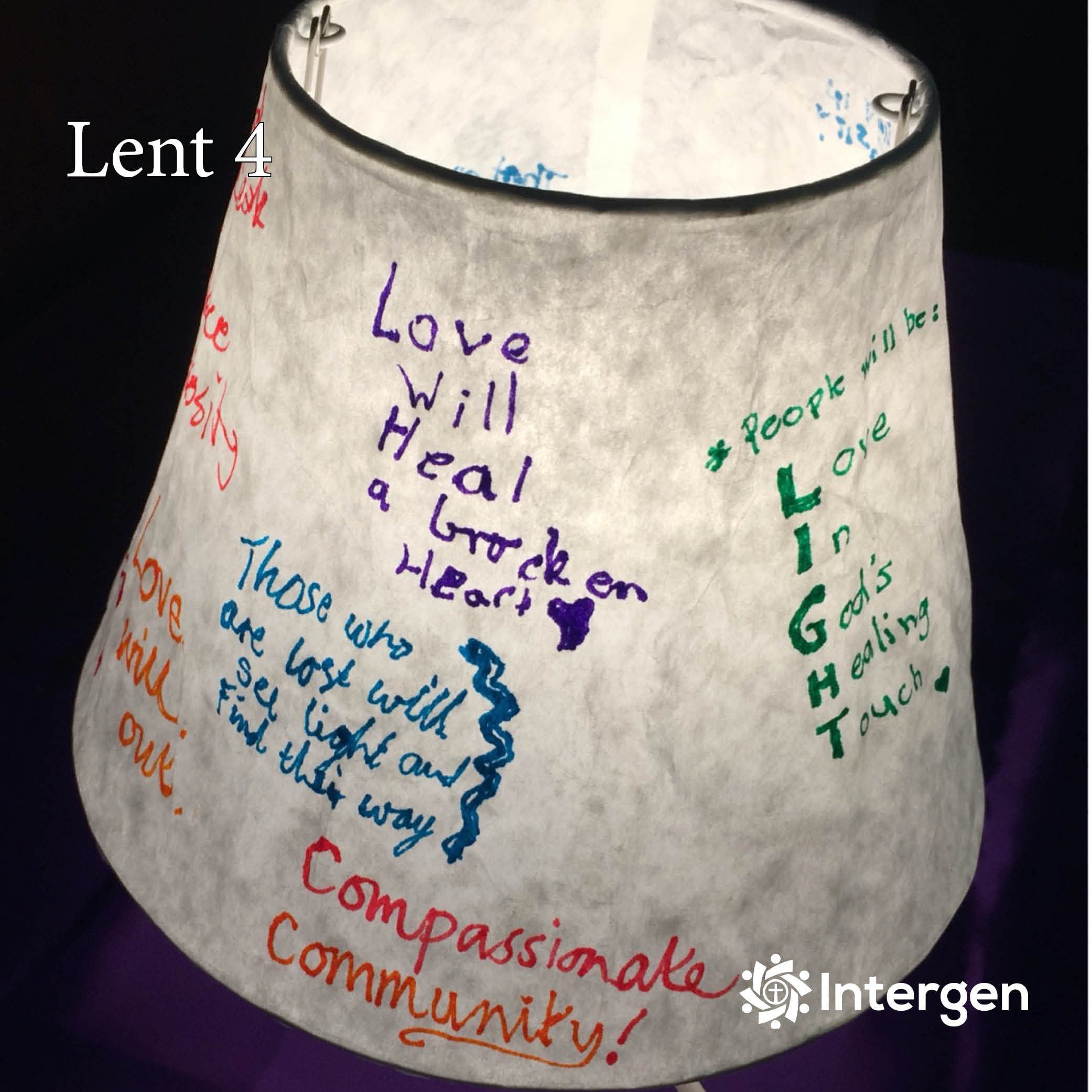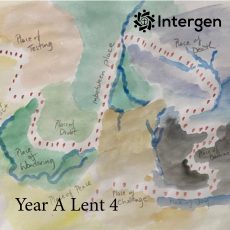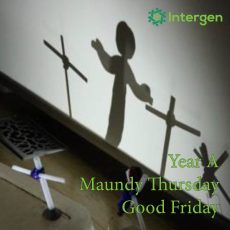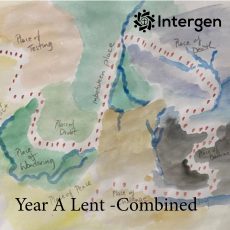Description
The passage in Numbers is set during the period when the Israelites were wandering in the desert for 40 years. God is providing for their daily needs by way of ‘manna’ – a bread-like substance that the Israelites have to scrape off the grass each morning. It cannot be stored for the next day, so they need to rely on God to feed them each day as they go on their journey to the Promised Land.
The Israelites did not appreciate eating manna every day, and complained to God. Robert Alter, the Jewish scholar, translates their moaning in this way: “Why did you bring us out of Israel to die? There’s no bread, there’s no water, and we hate this wretched bread.” This is a proper, aggrieved, angry moan. The bread is keeping them alive, but barely. In the middle of their wanderings in the desert, the Israelites are suffering, and they are deeply unhappy about it. They are not just moaning at Moses, but also at God, who is leaving the manna on the grass to keep them alive.
I wonder how often we moan at God, when it is God’s mercy and compassion that keeps us alive?
I wonder how often we complain like this in our church communities? Do we find it difficult to give our struggles to God?
Our inability to hand our grievances over to God is ‘poisonous’ – a bit like the poison of the viper in the story. We get caught up in the ‘darkness’ and difficulty of what is going on, rather than focussing on ‘the light’ – the places of growth and hope that are present amongst us.
The gospel reading also picks up on the theme of “Darkness and Light.” Nicodemus comes to visit Jesus in the darkness to ask him some questions. Nicodemus wants to know what he needs to do to be ‘born again.’ In response, Jesus refers back to the story of the Israelites in the Desert and the raising of the serpent on the staff. He tells Nicodemus that he (Jesus) will be “raised up.” It is the action of Jesus’ death, when he is raised up on the cross, and resurrection, where he is raised up from the grave, that bring hope and light into the world. This is not just a ‘once off’ healing, like Moses’ snake being lifted up on the pole in the wilderness, but a ‘once and for all time’ gathering up of all of creation. All of creation is being lifted up into eternal life with God in the action of Jesus dying on the cross and rising to eternal life.
How does God continue to call you and your community out of darkness, and into the light?




